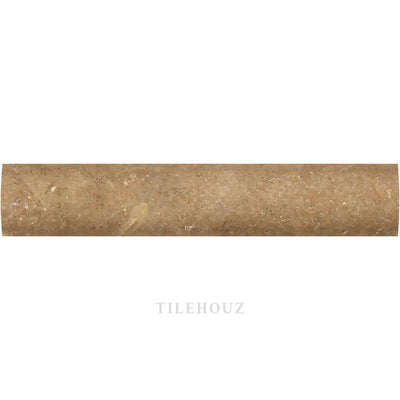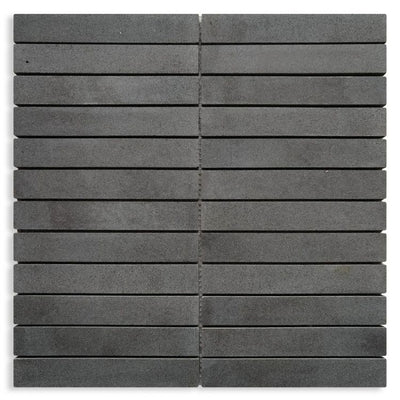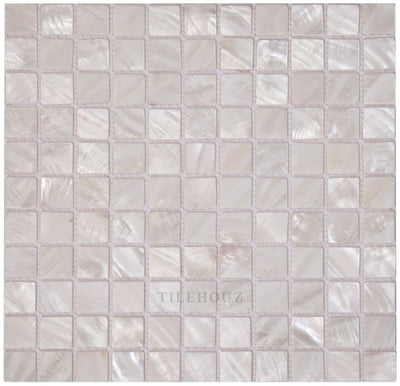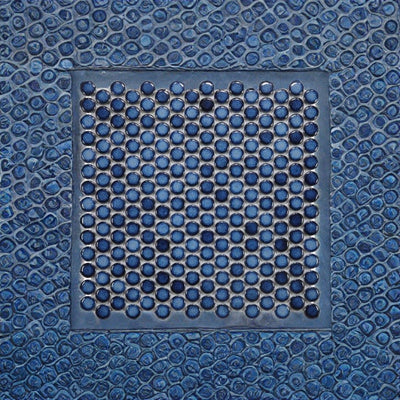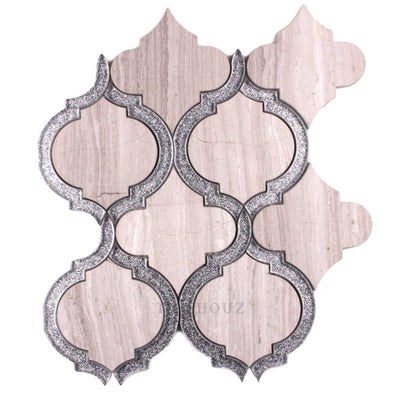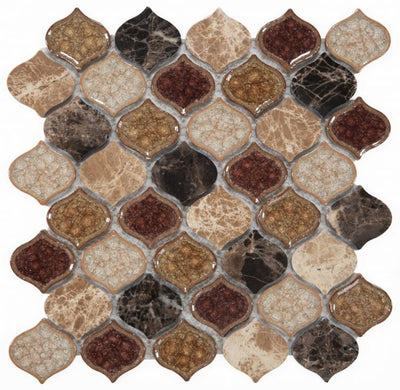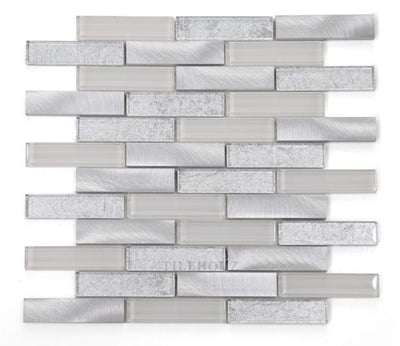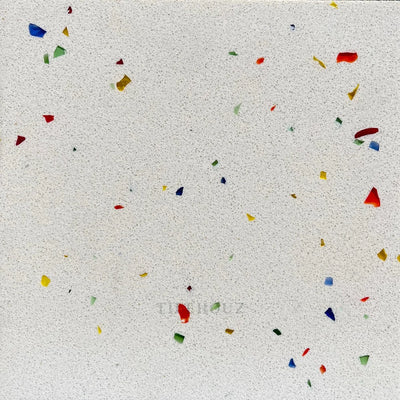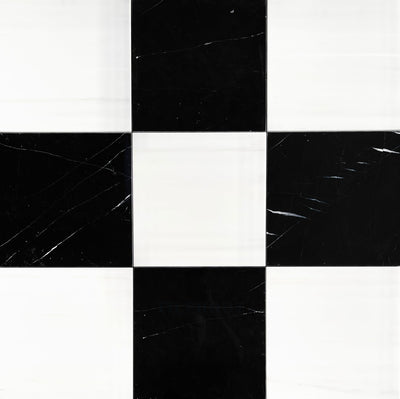Should I Seal My Honed Marble Tile?
Yes, you should consider sealing honed marble tile. Although marble is a durable stone, it's also porous. This means it can easily absorb liquids and become stained. Sealing it helps to protect the stone from potential stains and damage, and it can also help to enhance its natural beauty. However, remember to use a sealant specifically designed for marble to avoid damaging the stone.
The terms "impregnator" and "sealer" are sometimes used interchangeably in the context of stone protection, but they can represent slightly different products.
An impregnator is a type of sealer that penetrates more deeply into porous materials like marble. It goes into the pores of the stone, creating a barrier below the surface that repels water, oil, and other substances, preventing them from soaking into the material. The surface will remain breathable, meaning moisture vapor can escape.
On the other hand, surface sealers (sometimes just called "sealers") usually form a protective film or barrier on the surface of the stone. These can be great for protecting against stains but are not always as long-lasting or durable as impregnators.
The specific product you choose would depend on the nature of the stone and its use. For example, a marble countertop in a kitchen might benefit from an impregnator for its deeper protection against potential spills and stains.
The terms "impregnator" and "sealer" are sometimes used interchangeably in the context of stone protection, but they can represent slightly different products.
An impregnator is a type of sealer that penetrates more deeply into porous materials like marble. It goes into the pores of the stone, creating a barrier below the surface that repels water, oil, and other substances, preventing them from soaking into the material. The surface will remain breathable, meaning moisture vapor can escape.
On the other hand, surface sealers (sometimes just called "sealers") usually form a protective film or barrier on the surface of the stone. These can be great for protecting against stains but are not always as long-lasting or durable as impregnators.
The specific product you choose would depend on the nature of the stone and its use. For example, a marble countertop in a kitchen might benefit from an impregnator for its deeper protection against potential spills and stains.

